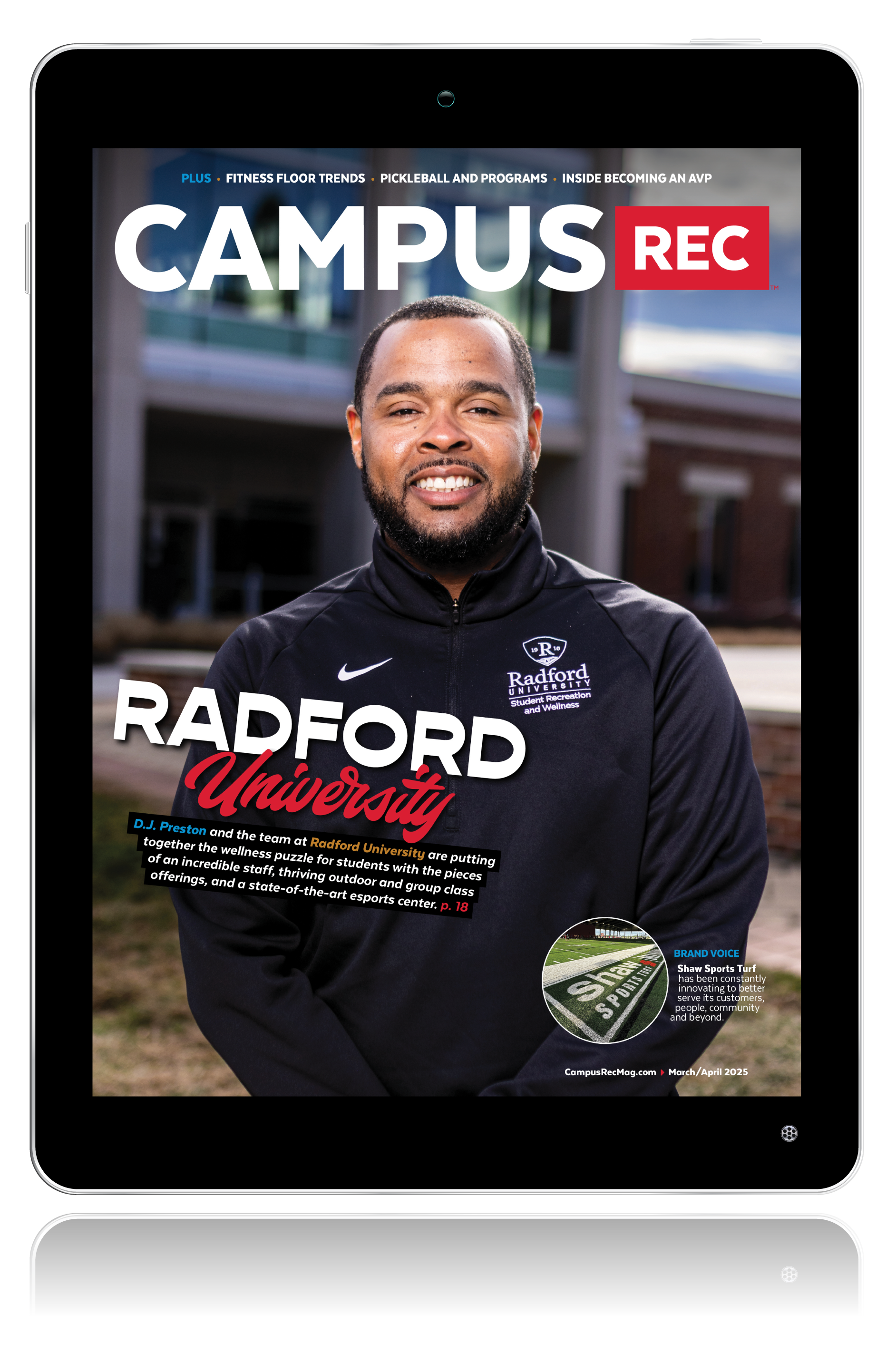At Ohio University, Well-Being Coaching is making an impact on overall student health and wellness.
A free, one-on-one individualize guidance program, Well-Being Coaching looks to build awareness and help students learn strategies to set realistic goals for their lifestyle.
Tony Gregory, the assistant director of Well-Being and Fitness, shared the service is available for undergraduate, graduate and professional students at no cost. “Well-Being coaches help with topics such as sleep, stress and time management, physical activity and hydration, productivity, social support, and gratitude,” he said. “Well-Being Coaching is designed for students across Ohio University.”
How Well-Being Coaching Works
Referrals to the program come from:
- The Counseling and Psychological Services Department
- The Career and Leadership Development Center
- Or students can find the program through the Campus Well-Being and Recreation website
Students fill out a request form that matches them with a Well-Being coach based on availability. After this, they receive a questionnaire from their assigned coach.
“The questionnaire is designed to provide insight to the coach about the possible goals of the student and what area of well-being the student may want to focus on,” said Mark Ferguson, the associate dean of Students for Well-Being and executive director of Campus Recreation. “The informational document is useful for the student to gather an understanding about what well-being is and the meaning behind some terms used in the questionnaire.”
Several more steps follow this:
- After they fill out the questionnaire, the coach reads over the information. They review the coaching guide to choose which questions are best for the student.
- During the session, the coach begins with a brief introduction. After this, they work through the questions found on the coaching guide and create an action plan together. The follow-up appointment allows for reassessment of the action plan.
- The student may schedule as many follow-up sessions as possible with their well-being coach as they like.
As of the Spring 2020 semester, 22 students have participated in the program. Gregory shared they are using an assessment to the program’s impact on students’ understanding of their own well-being, self-awareness and behaviors.
All in all, the goal of the program is to improve overall wellness. And it seems to be doing just that.










